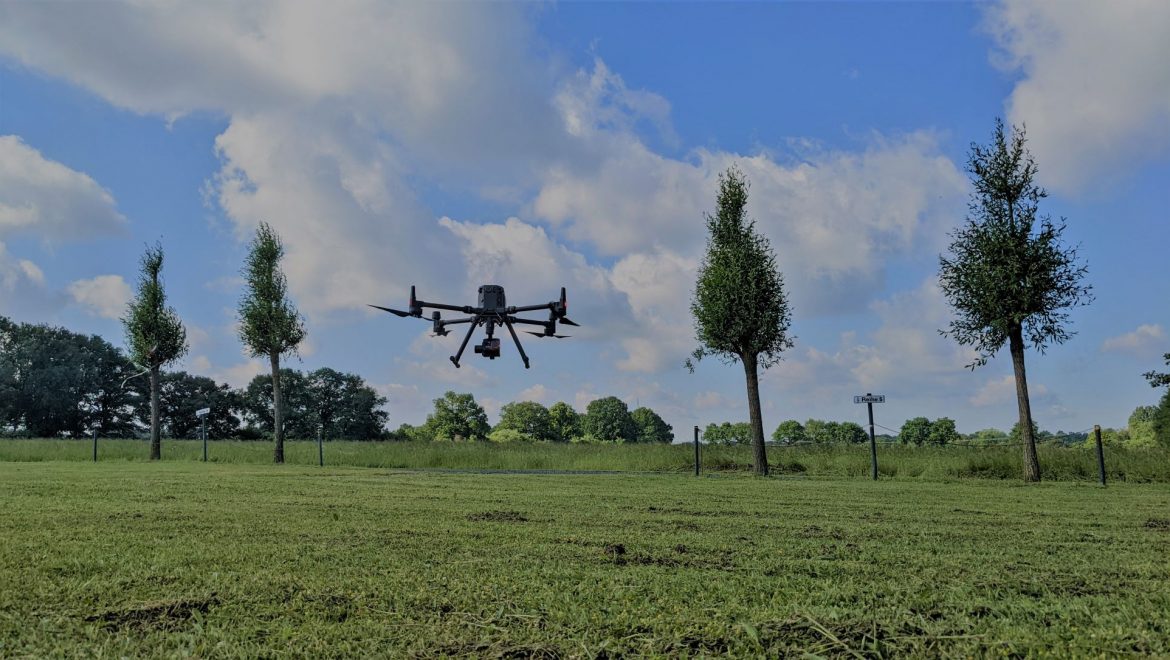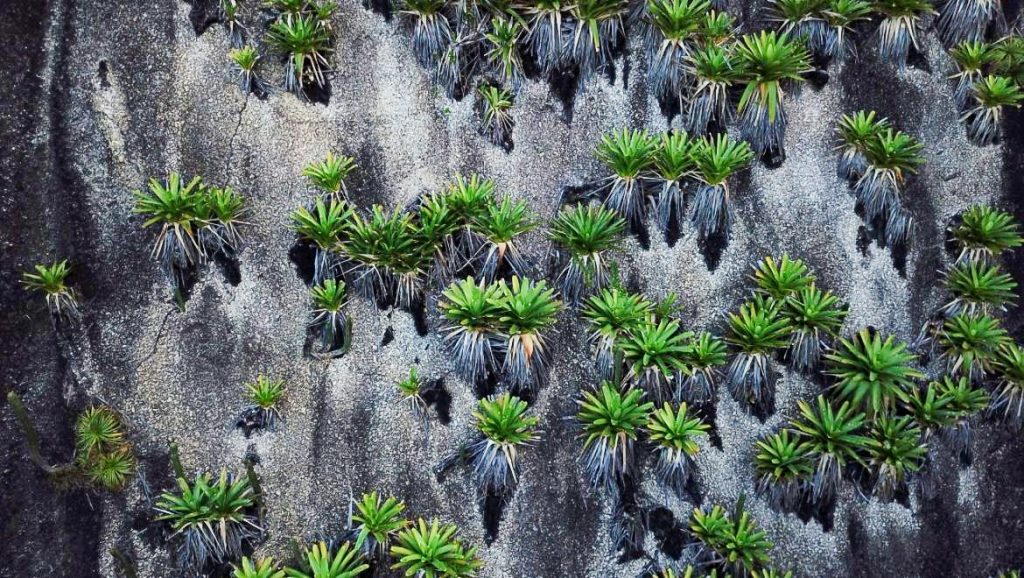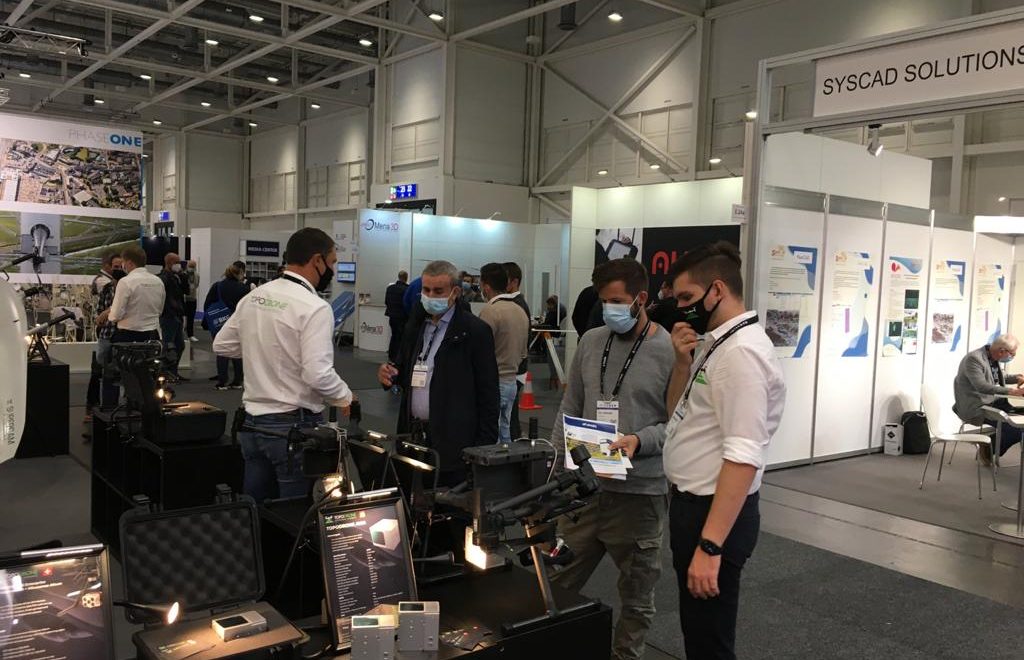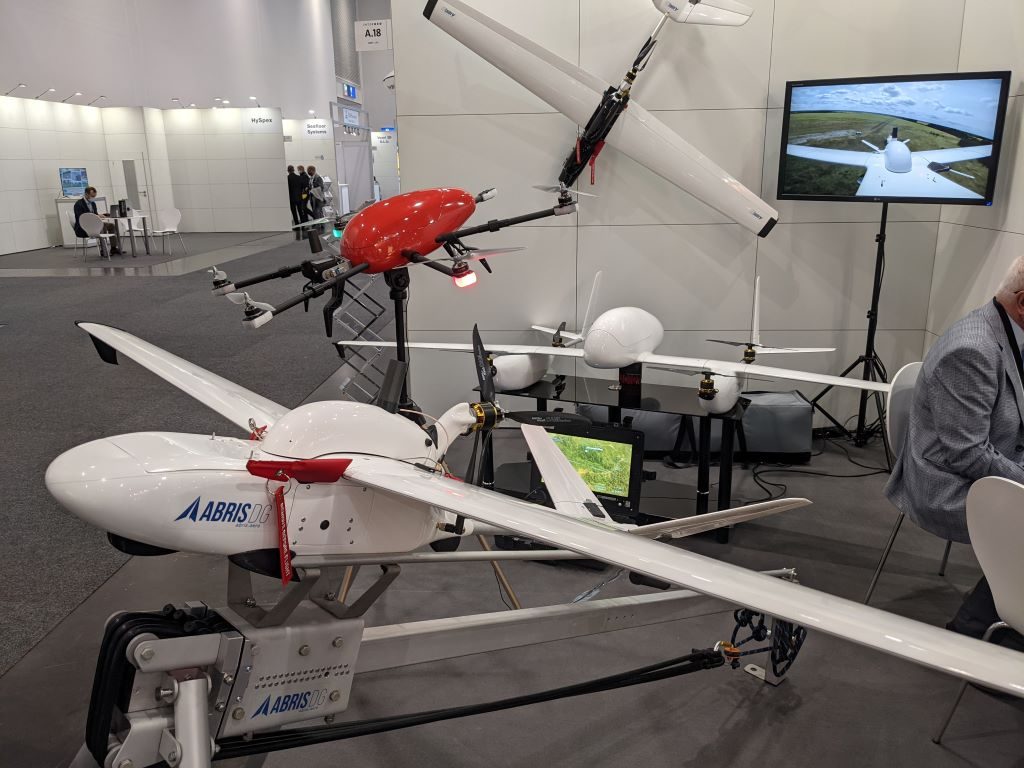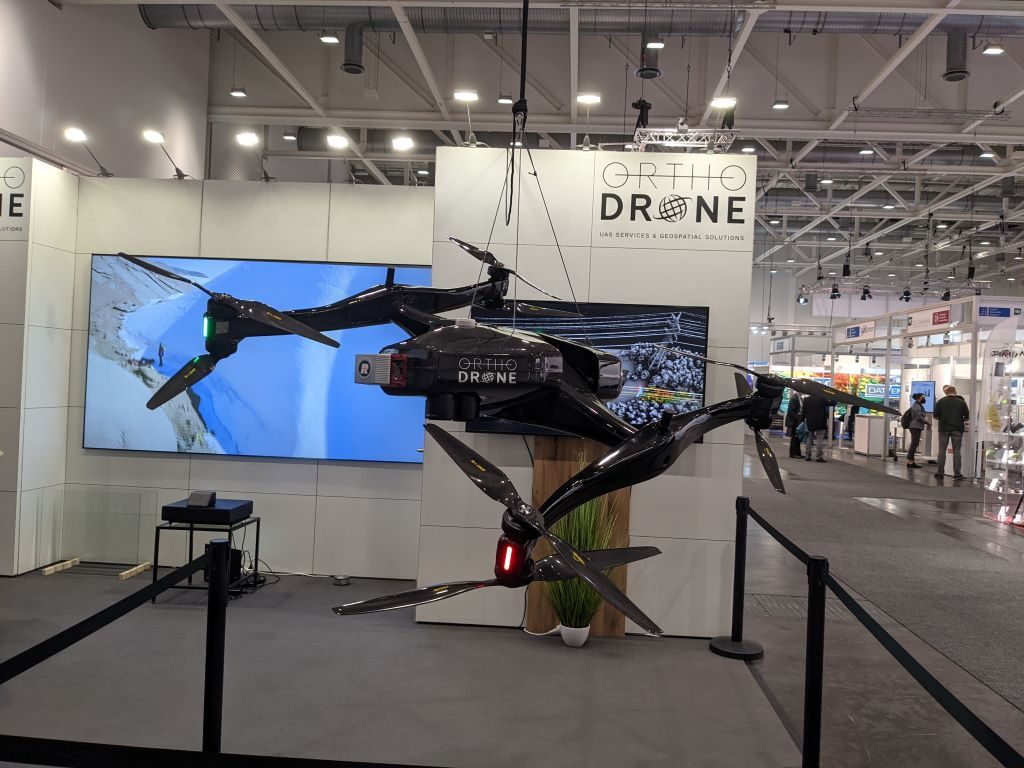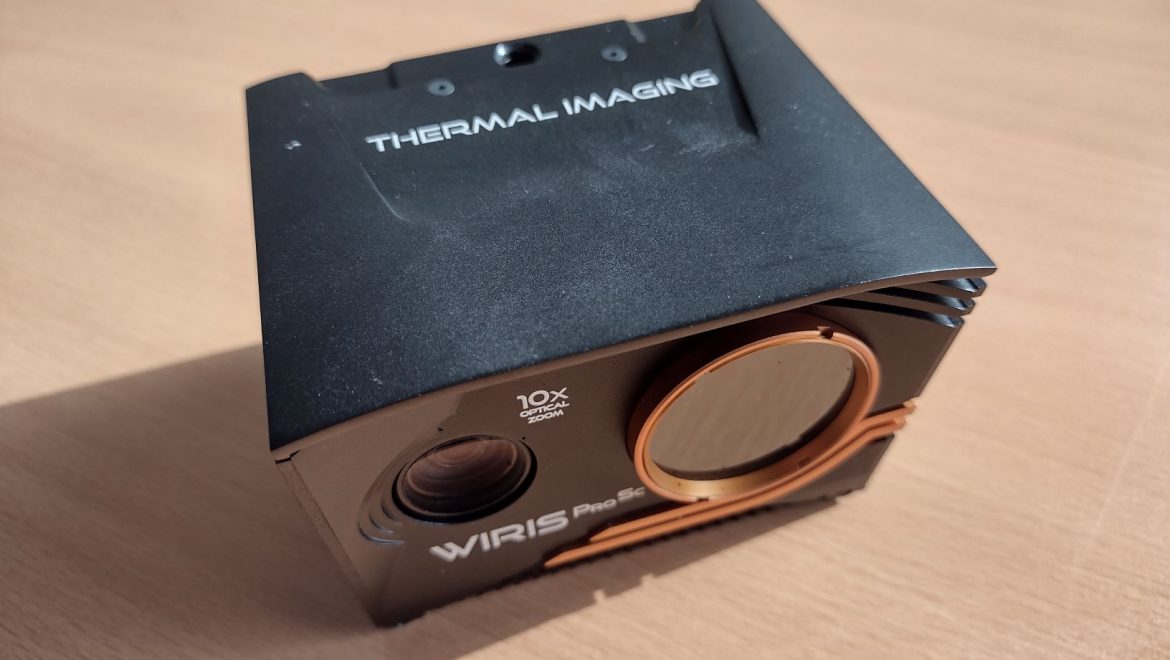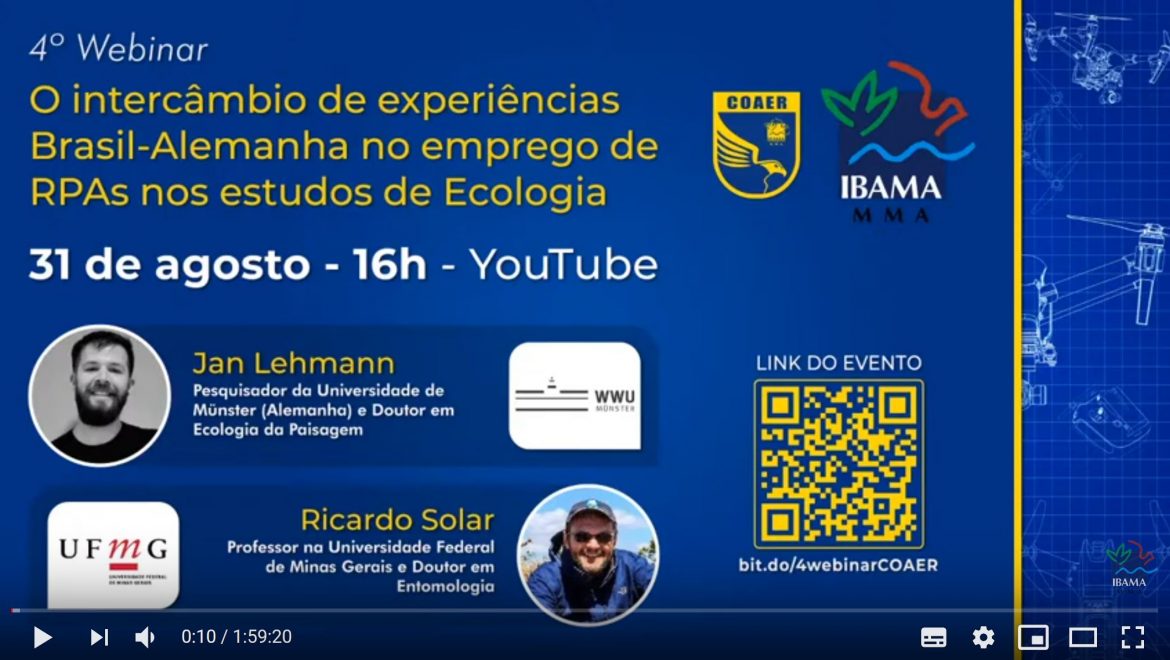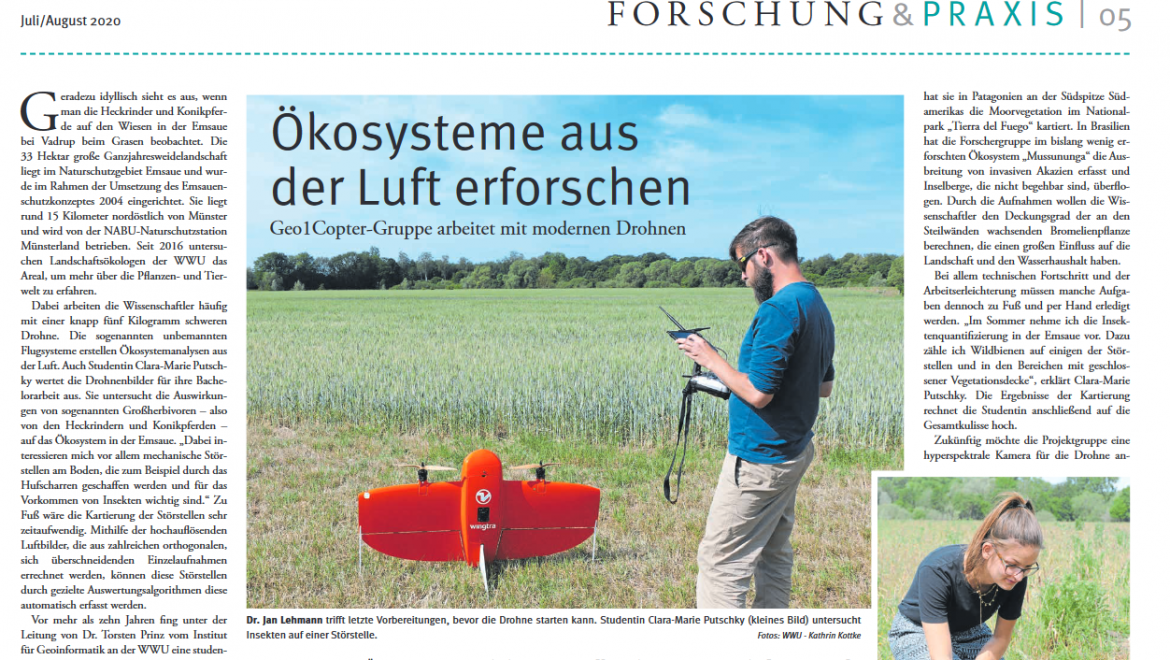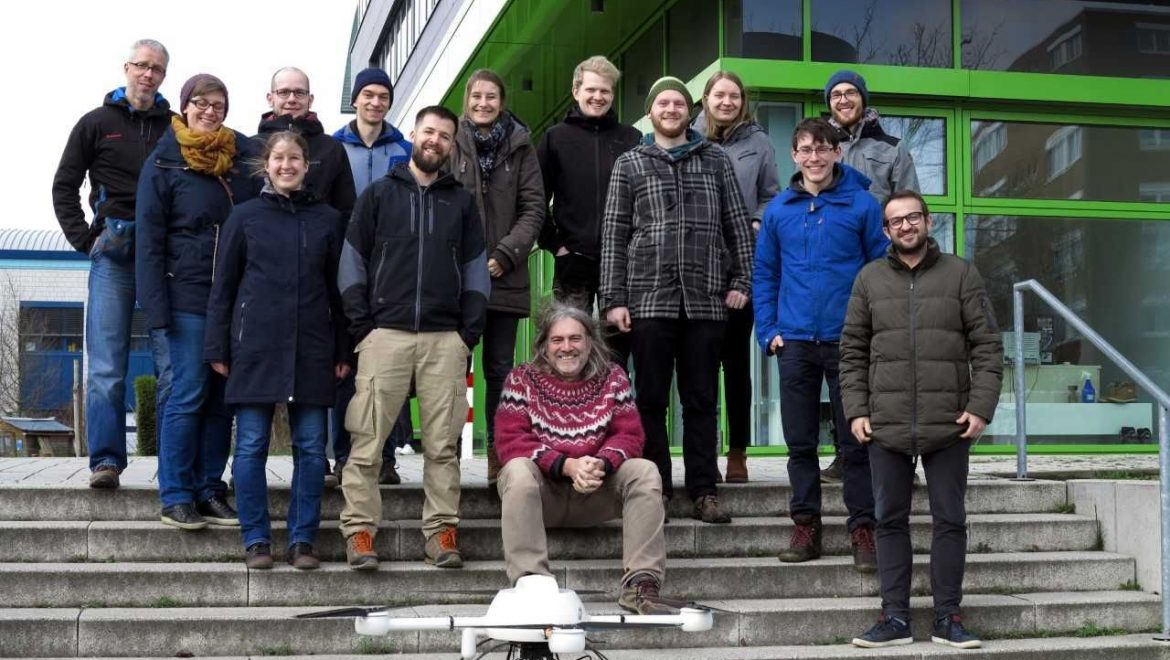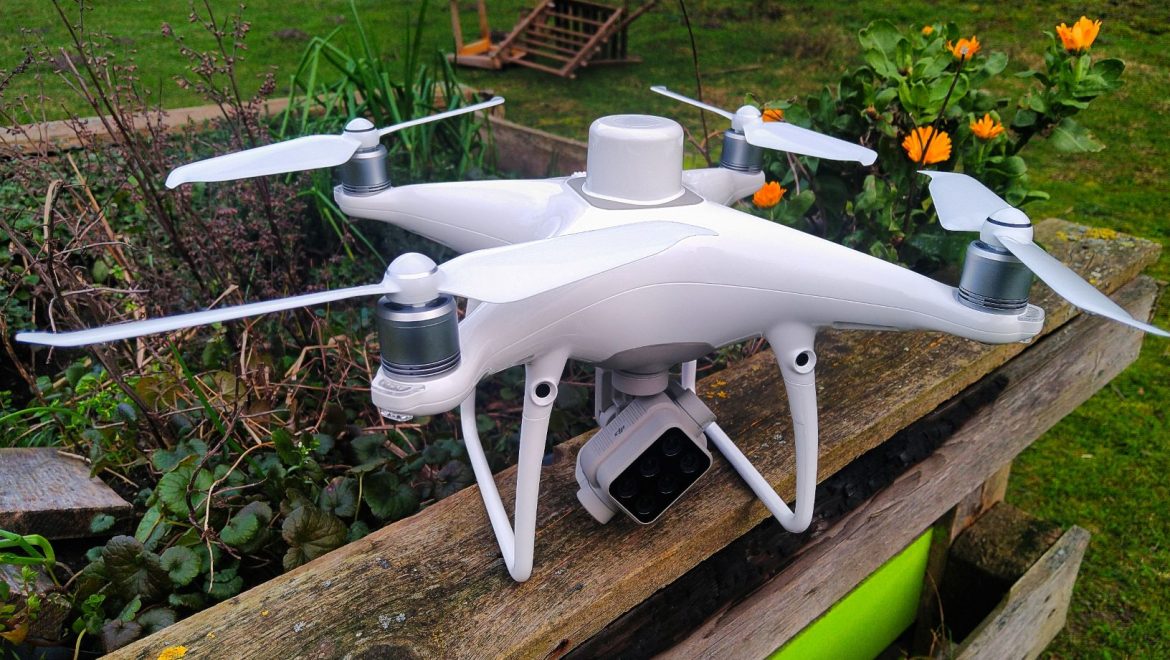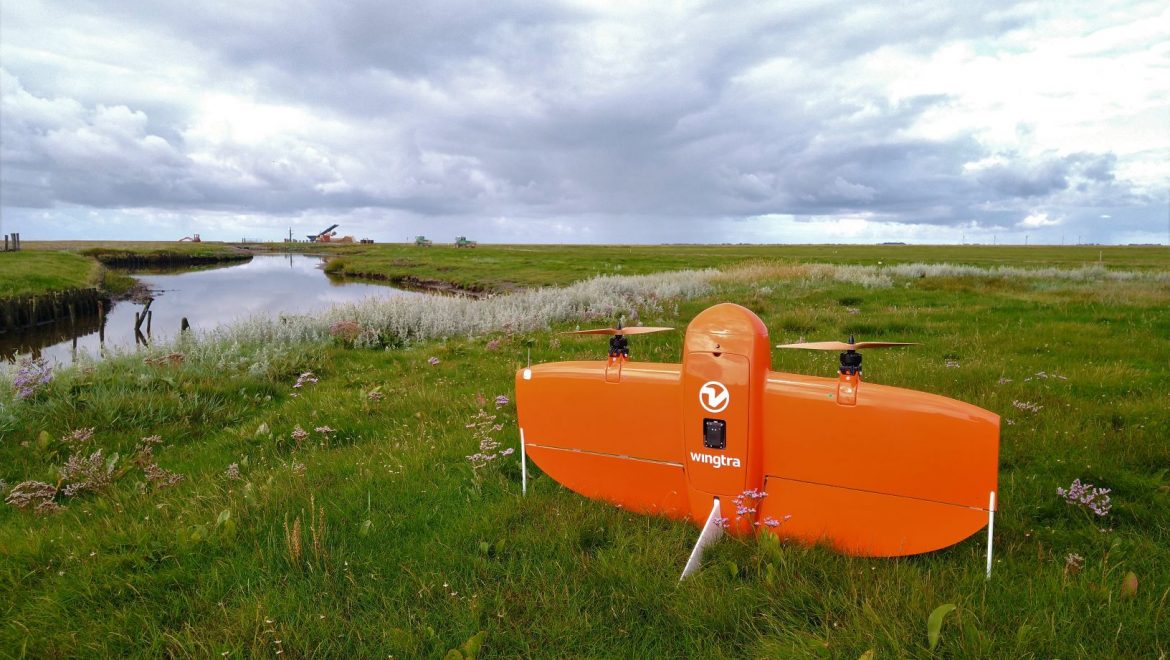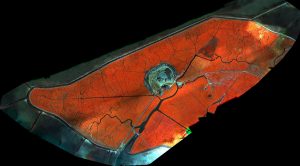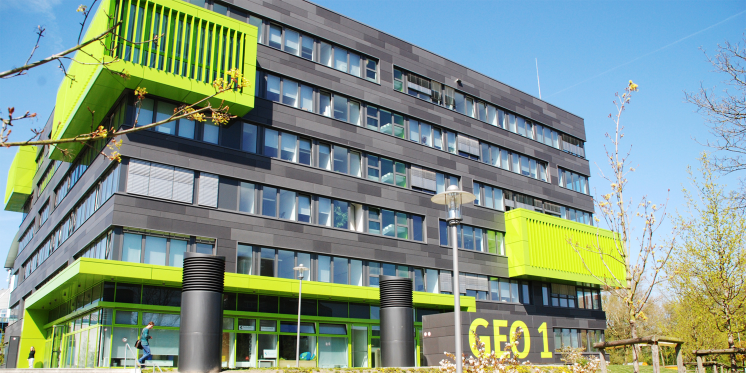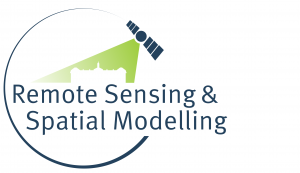New DJI M300 L1 LIDAR System successfully tested
Our drone fleet was expanded in the last days with a DJI M300 RTK, including the new L1 LIDAR system and the WIRIS PRO SC thermal camera.
Today, in rather windy conditions, test flights were completed and a first point cloud was calculated from the data set. The first impression is promising and we are looking forward to new possibilities in our teaching and research activities with this new system.




